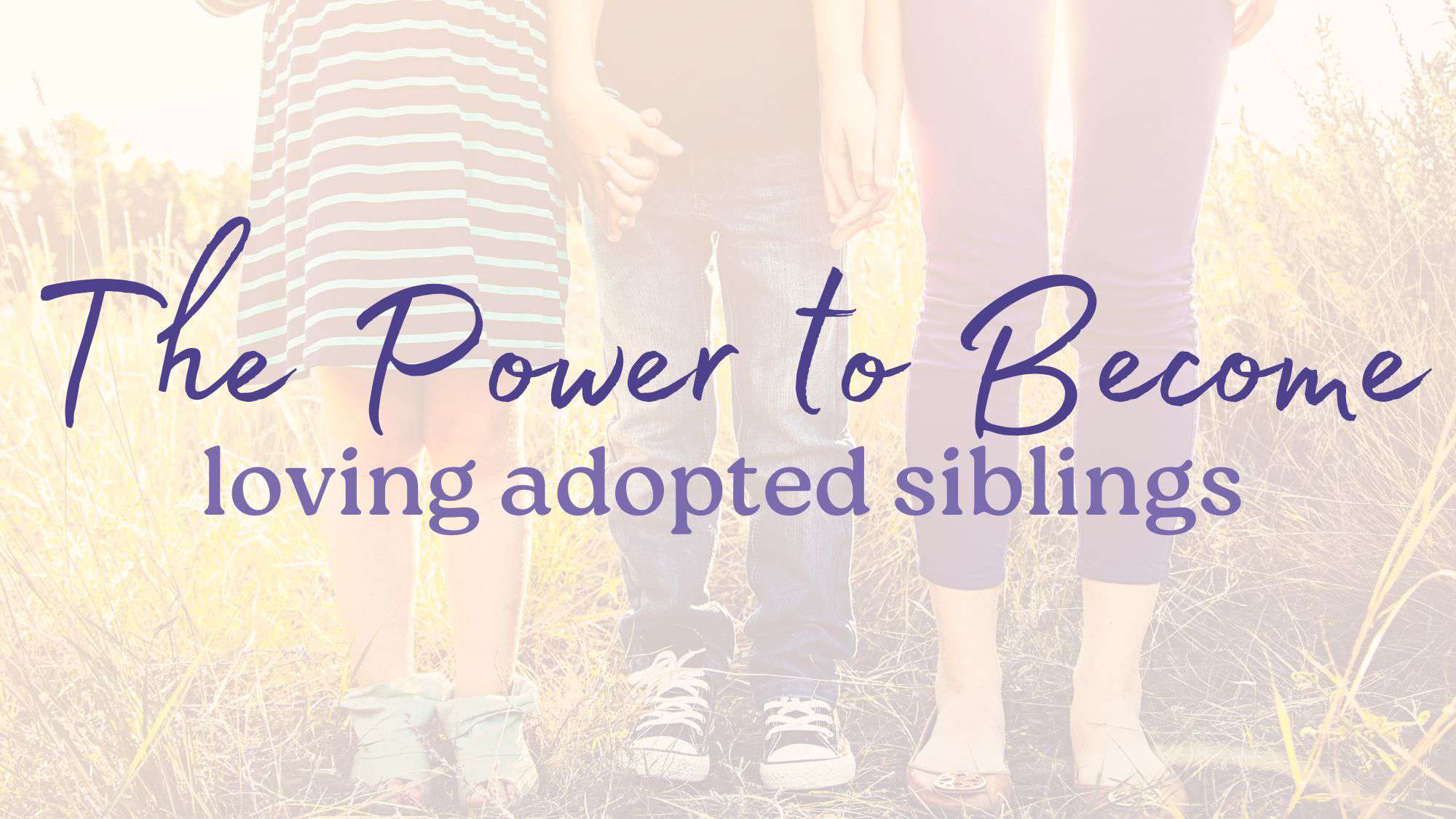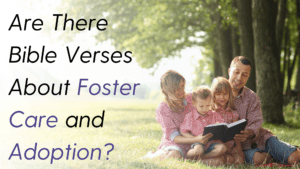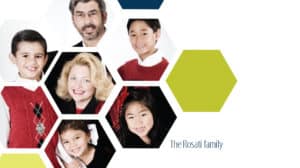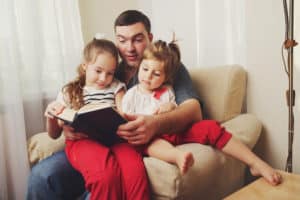I sit down at the computer, an empty screen in front of me. It’s time to write about the love of adoptive siblings, I tell myself, that deadline is soon approaching. I shuffle through old e-mails and find the prompt. “We’d love for you to write a bit about the call of siblings to love well in the context of adoption and foster care.”
[Deep breath.] I “practice the pause,” a behavioral script we use with our children to provide space for reflection before taking action.
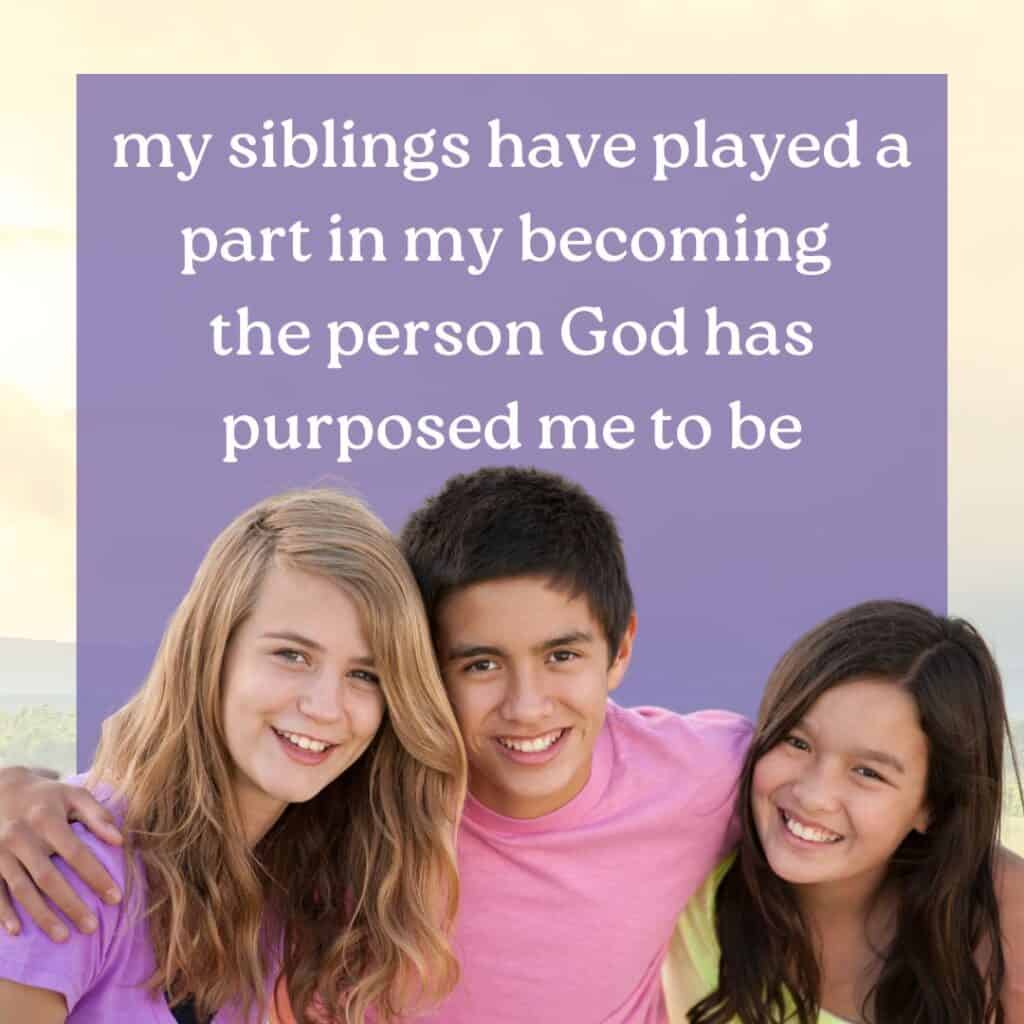
And it’s as if a playback reel begins in my memory…the moments at the theme park, throwing rocks in the creek as kids, being led in worship by my dad on the mission field, Mom being the first to approach the referee if a call in a game wasn’t fair, gripping one another’s hands tight in the wake of unimaginable loss, and now chasing our own kids through the same fields that hold our best-kept secrets and fondest childhood memories. My eyes begin to well up with tears—a blend of nostalgia and gratitude. What a wild ride this life of ours has been, and how grateful I am for the gift of journeying alongside my siblings as they have played a part in my becoming the person God has purposed me to be.
Being and Becoming Children of God
This idea of being and becoming children of God has impacted me and served as a framework for how I understand my life as a Christian. While in graduate school, my dissertation was a theological inquiry on the practice of the adoption of children with complex disabilities. As I worked my way through scripture, commentaries, and scholarly articles, adoption as a concept primarily appeared in Paul’s writings. He was the only New Testament author to explicitly use the Greek word for adoption (huiothesia).
However, the further I read, the more I began to appreciate John’s use of familial language and imagery throughout his writings to paint a picture of our identity as believers as God’s children. At the height of his introductory chapter in John 1:12, John writes, “But to all who received him, who believe in his name, he gave power to become children of God.” Understood at its most basic level, adoption (in both theological and practical terms) is becoming someone’s child, consequently resulting in a furthering of one’s former identity. This is both static and dynamic. It is static in that the child becomes a part of the family upon adoption. However, it is a dynamic reality because as the child and family members continually journey together, they impact and change one another, giving rise to a new expression of family.
Loving Adoptive Siblings is A Lifelong Journey
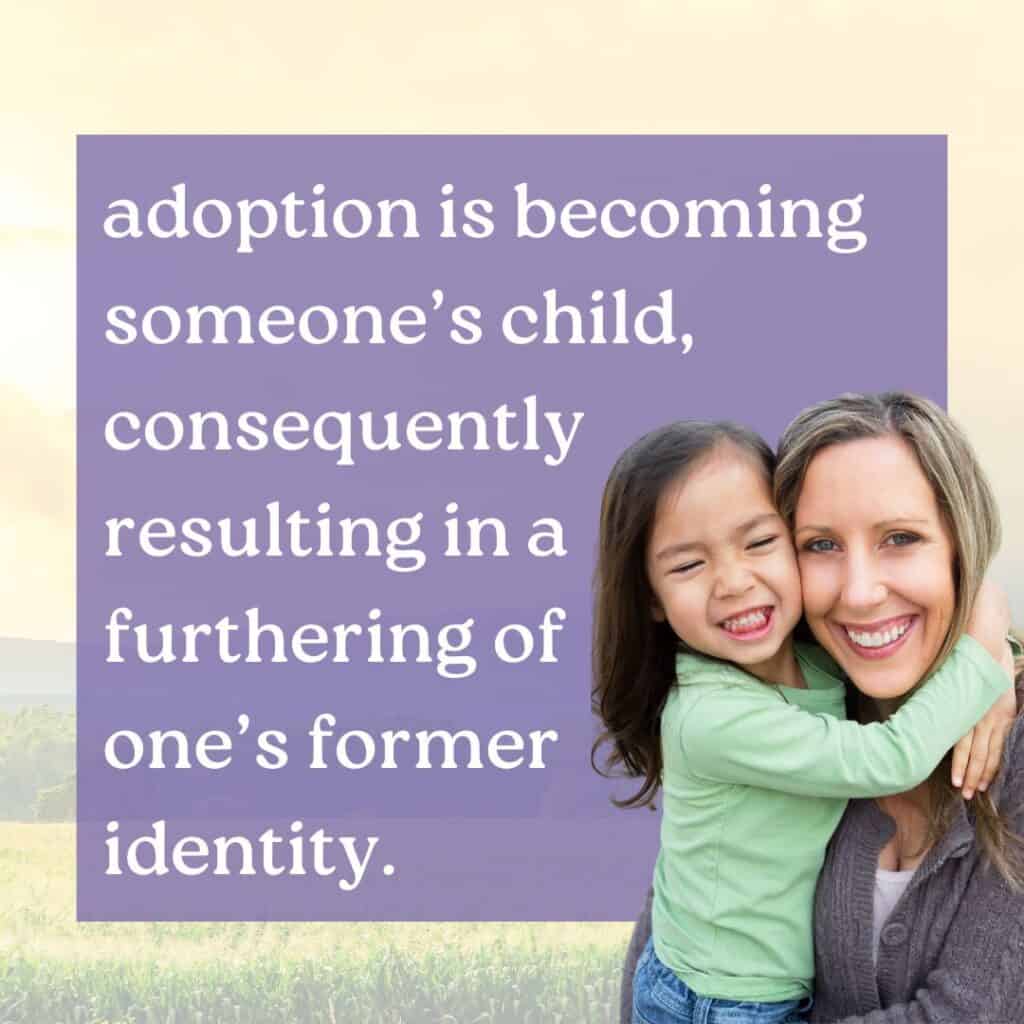
When my younger sisters entered our family through adoption, it was both a momentary act and the beginning of a lifelong journey. As I’ve come to understand, my commitment as an adoptive sibling is to purposefully move toward my siblings with intentionality in the act of giving and receiving love, hoping that act impacts my siblings while also allowing it to change who I am and who I am becoming. Similarly, in my faith journey, the act of salvation changed my whole world and identity in an instant. Yet the journey of sanctification continues to move me closer to Jesus, becoming the person God has purposed me to be.
Reflecting on the Book of John, New Testament scholar Ben Witherington writes, “What we find in [the Gospel according to John] is a plethora of people on the way to becoming full-fledged disciples … but they have not yet fully arrived … Only [after Jesus’ resurrection] was a fuller understanding possible, and only then was the Paraclete sent that could lead one into all truth and empower believers to be children of God.”
Loving Adoptive Siblings: A Continual Becoming
It is a gift—an invitation—to be welcomed into the dynamic of familial love, both temporally and spiritually. The gift that it is doesn’t preclude the journey from its own unique difficulties. I’ve watched from across the hospital room, straining to see the face of my siblings through hot tears provoked by the untimely death of our sister. And yet we stood together, hand-in-hand, tossing roses on her grave, convinced that this was not the end of our continual becoming her big brothers and sisters. With every sunrise and revelation of courage or hope that fuels our hearts with hope to welcome yet another day, we soldier on and appreciate that even though our sister is no longer with us, her life and legacy continue to be used by the Spirit to change us into who we are becoming.
A Call to Be and Become
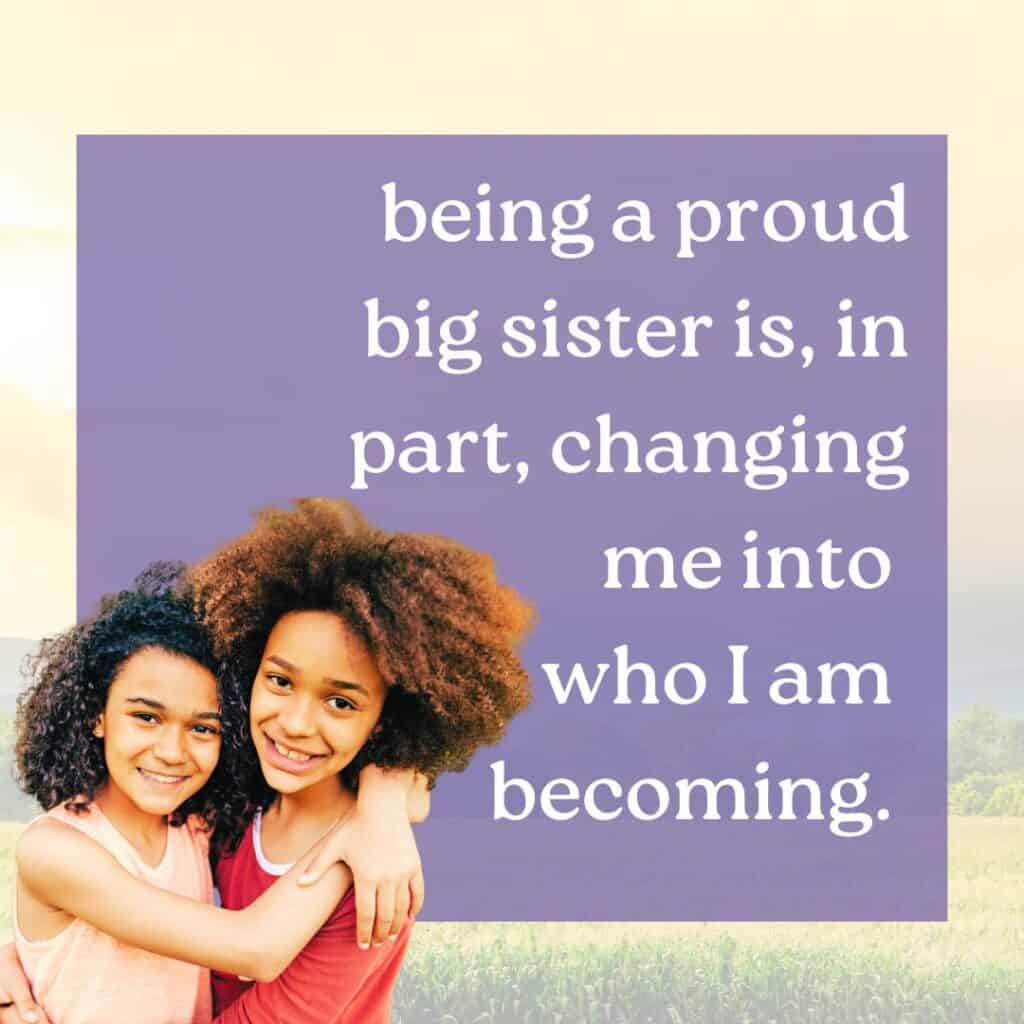
And so the call to care is the call to be and become, to have an imagination as wild as those youngsters running through the backwoods of Tennessee, thinking we were in the Amazon jungle—that kind of imagination for who we are in Christ and who by the power of his Spirit we are becoming.
Because who knows? One day you may find yourself at a computer writing down what it means to be the big sister and find your eyes leaky with happy tears and a heart about to burst with pride. Just this past month, my three daughters and I sat alongside my parents as we watched my youngest sister soar for Team USA, earning the title of World Champion at the International Cheer Union competition. We celebrated my sister, Shaoey, finishing graduate school and earning her Master of Social Work. We watched my brothers achieve a multigenerational dream as they took the stage of the Grand Ole Opry with their band, Colony House, for their debut Opry performance. I find myself among the most pedigreed, and I couldn’t be more pleased to hold the title of a proud big sister because it is, in part, changing me into who I am becoming.









